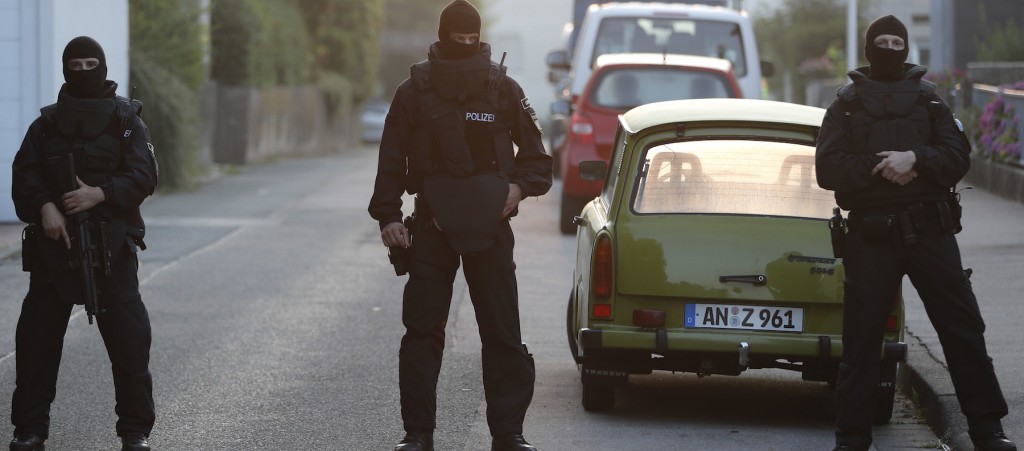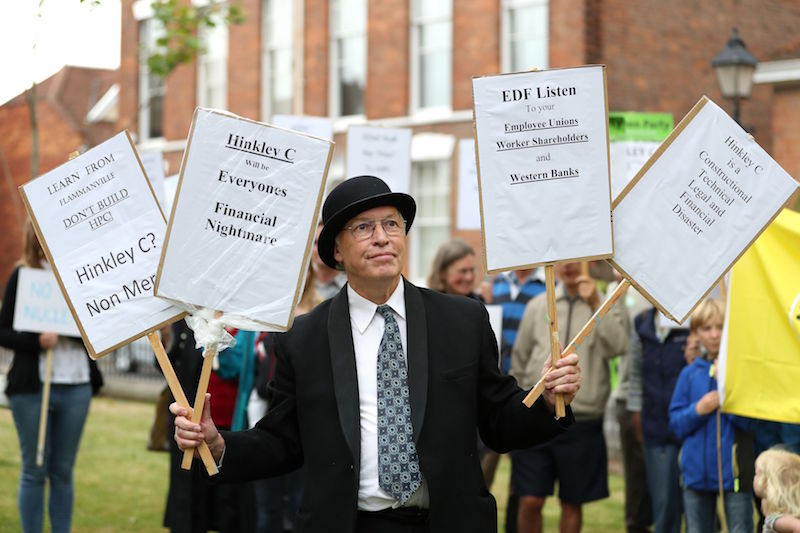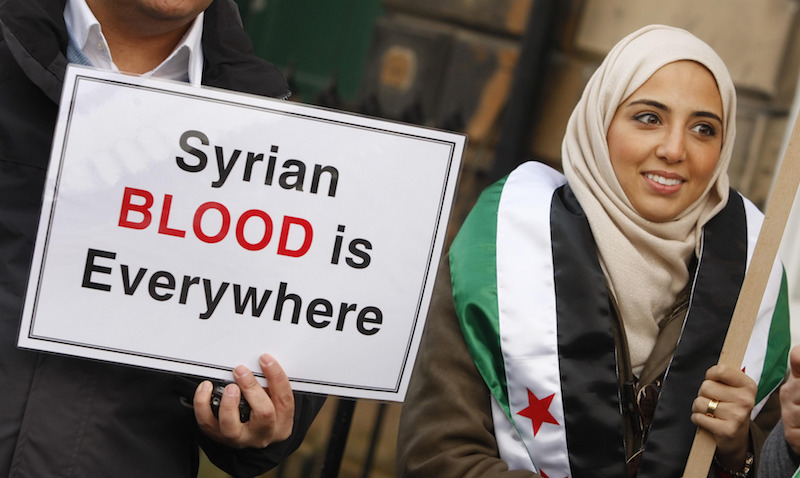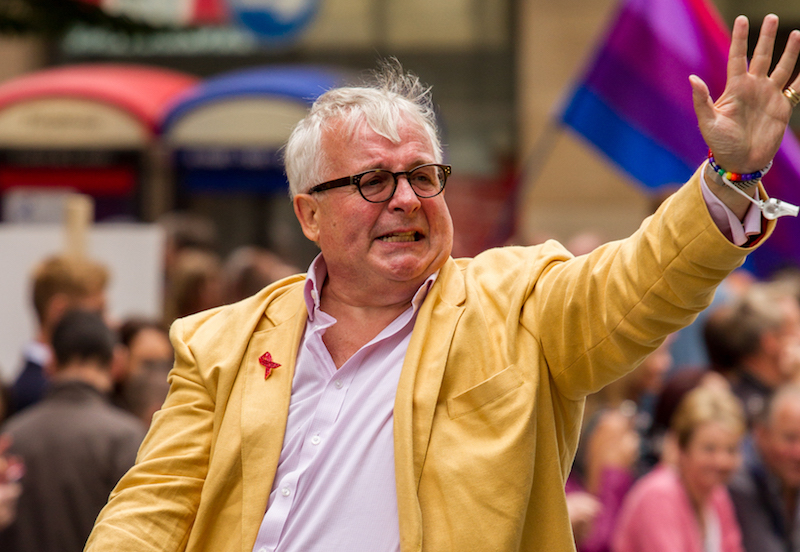
More terror in Europe, Clinton wins nomination, UK delays nuclear future. 23-29 July: what just happened?
Seriously, what the hell is going on in Europe at the moment?
Four separate attacks in four German cities and yet another attack in France killed 10 and injured over 40 others last week. With the recent Turkish coup and horrific massacre in Nice, things are looking seriously shaky across Europe at the moment. Not to mention the post-Brexit turmoil of the financial markets, which still aren’t sure what the UK government is planning. Here’s the New York Times on what they think is fuelling this ‘summer of anxiety’ - most people are talking immigration, a lot are talking ISIS, but big-dog economist Joseph Stiglitz thinks the euro may have something to do with it.
Clinton makes history to become first woman candidate for US president

History has been made as Hillary Clinton won the Democratic candidacy for the next president of the United States - the . Grandmas across the nation took to Twitter (okay, their grandkids did) to celebrate, some of whom marched for women’s rights to vote less than 100 years ago and didn’t think they’d live to see the day when a woman could stand for POTUS. Clinton was beamed into the Democratic National Convention in Philadelphia, and literally shattered the digital screen - check it out. And while you're at it, take a look at this simple table to get a sense of Trump vs Clinton on the economy.
UK delays plans to build the 'most expensive object in the world'

The construction of a massive new nuclear power plant in Britain was approved by the company building it, but delayed by the UK government, this week. If it goes ahead, it will apparently be the single most expensive object in the world! With the cost of energy from the plant expected to be double what it currently is, some critics of the plan consider this a huge subsidy to the owners, which will ultimately come out of the pocket of British consumers. On the other hand it’s expected to bring lots of new jobs to the country, and demonstrates some much needed confidence following the UK’s decision to leave the European Union last month. Check out these pieces in City A.M, which look at the case for the project and the also the reasons why it may not be such a great idea.
Investigation reveals Europe makes money off the war in Syria

A new investigation has found that eight Eastern European countries have approved a billion of pounds of arms sales to the Middle East since 2012, with many weapons ending up in Syria. These arms have made it into the hands of both sides of Syrian Civil War. It’s a good example of where economics and politics totally overlap: if a country´s government condemns a war, is it okay for the same country’s businesses to profit from it? Take a look at some of the pretty awesome investigative journalism that's gone into trying to answer that question.
In other news...
Sports Direct plays a shocker. A new report by MPs on working conditions at the company looks pretty horrendous. There were apparently 115 incidents from 1 January 2010 to 19 April 2016, including an amputation of a finger, a fractured neck, a crushed hand. Some say they’ve been penalized just for having a drink of water! Company boss Mike Ashley admits wrongdoing and agrees change is needed. Now it’s up to governments, consumers, and investors to decide what exactly that might look like.
Ya-Who? Remember ‘Yahoo’? Well it’s just been sold for $4.8 billion to Verizon Communications. This sort of marks the end of an era for Yahoo, who are officially no longer an independent company. Founded in 1994, it was one of the pioneers of the web. But in the dog-eat-dog world of Facebook, Google, and countless other internet innovators, it seems Yahoo has lost its bite.
Celebrity Big Brother’s starting… Yay?

It’s that time of year again. No, not Christmas, but a new series Celebrity Big Brother, where everyone sits around their TVs going ‘who exactly is that?’ What’s this got to do with economics? Well, for a start Christopher Biggins is set to pocket £150,000. Plus, there’s all sorts of economic choices to make for those running the show. Do stars get paid for each day they last, for taking part, or if they win? Who gets invited into the house - the most controversial characters could be risky, but will boost audience numbers for sure. Or perhaps a balance of old timers, reality stars and the odd token celebrity hunk is a safer investment? Chewing gum for our eyes? Perhaps. Top class entertainment? Maybe. Sign of the coming apocalypse? Almost definitely.



